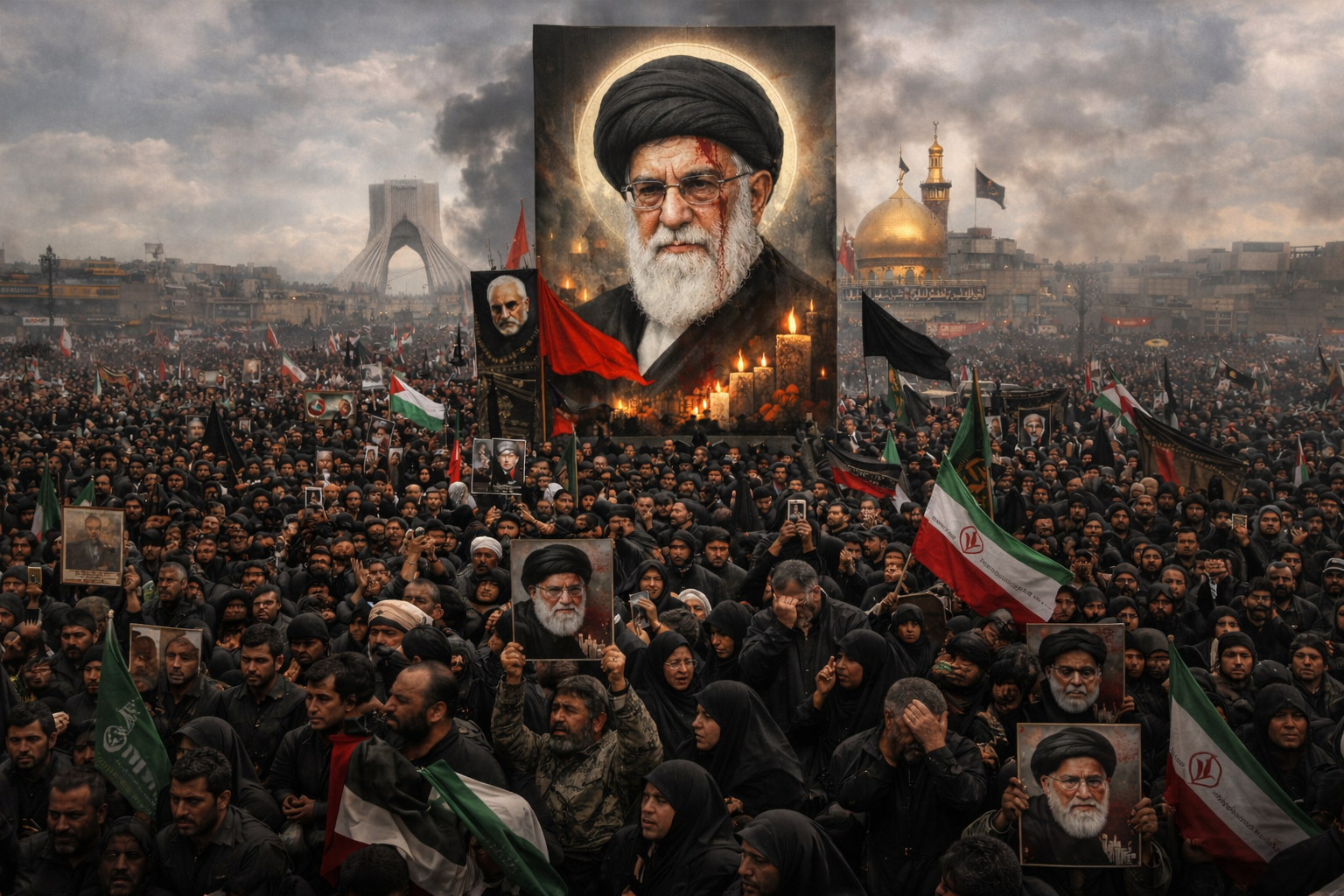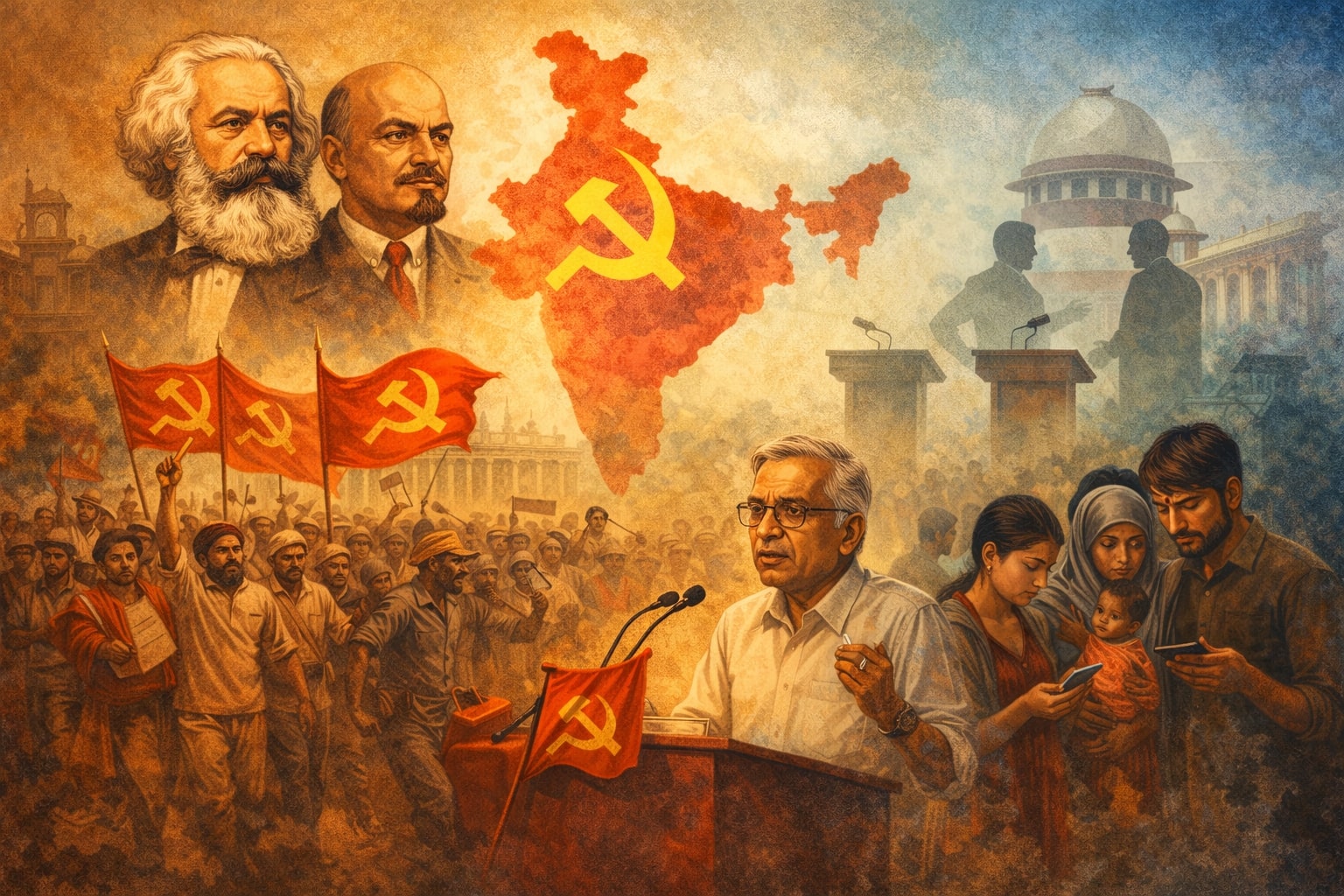National
CBI–ED and the Crisis of Institutional Credibility
Editorial | March 3, 2026
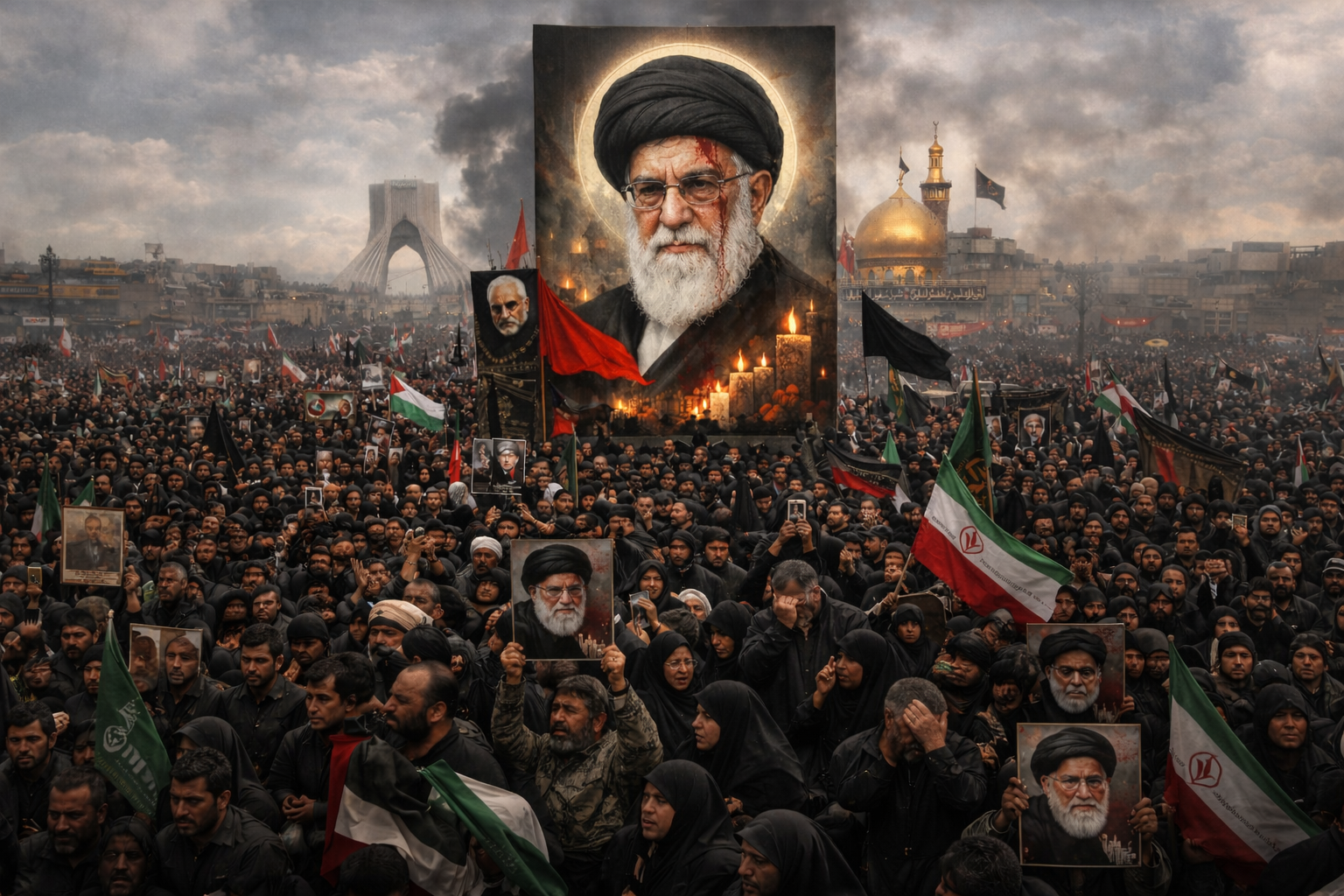
Niraj Krishna | March 3, 2026
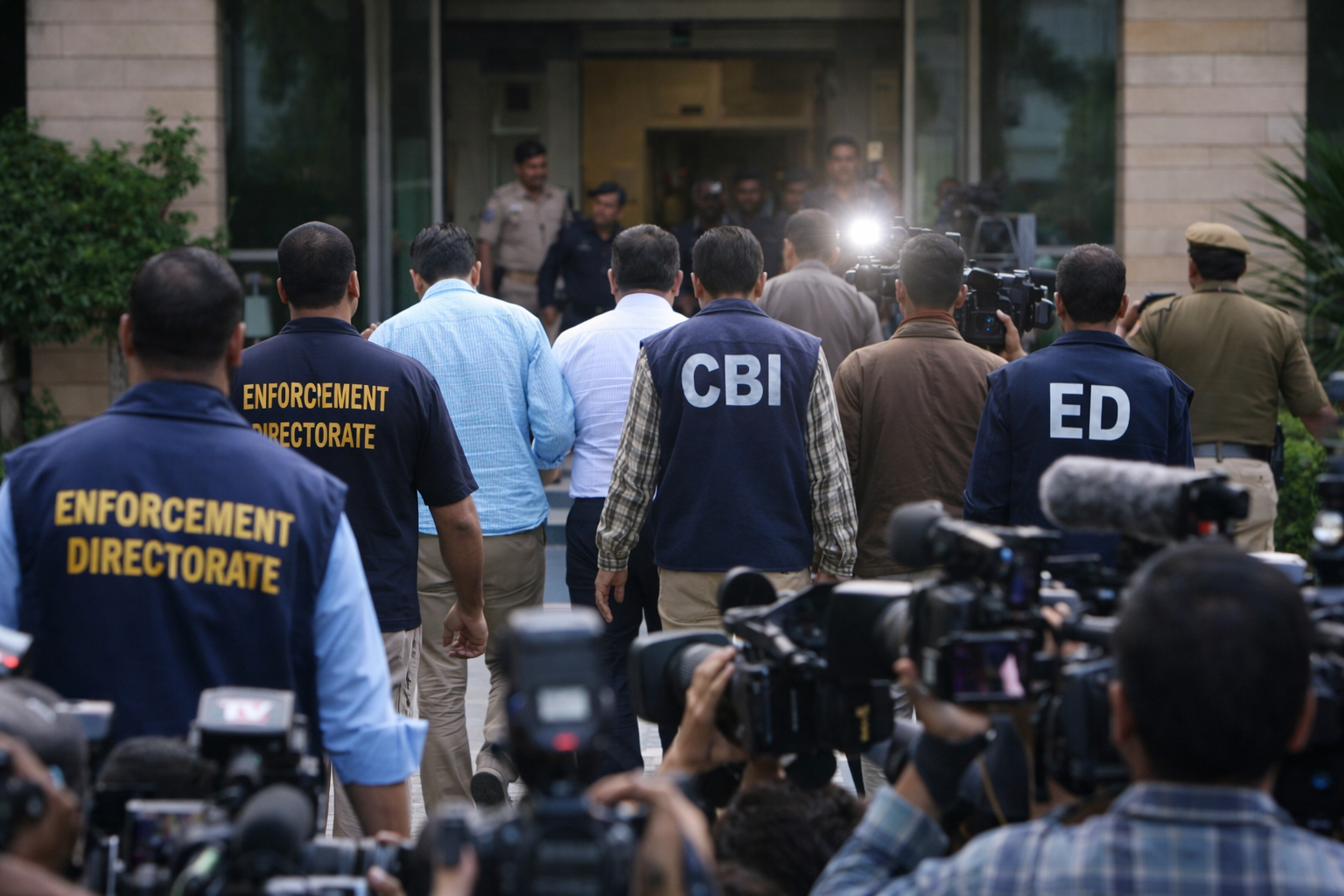
Amit Pandey | March 3, 2026
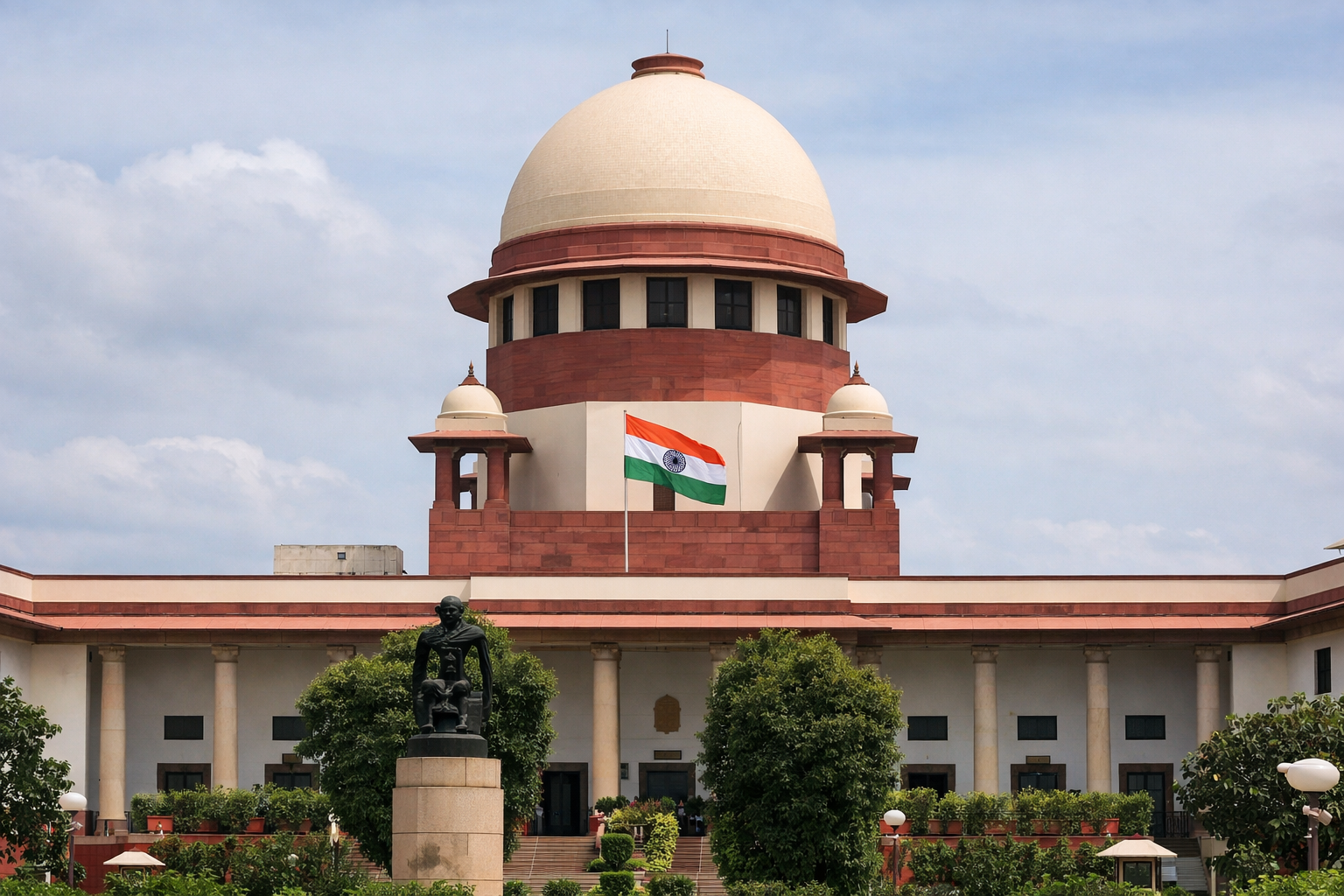
EW•NN | March 3, 2026

Tamanna Rizvi | March 3, 2026

Niraj Krishna | 3 days, 6 hours ago

Amit Pandey | 4 days, 6 hours ago

EW•NN | 1 month, 2 weeks ago

Tamanna Rizvi | 1 month, 3 weeks ago


CBI–ED and the Crisis of Institutional Credibility

Textbooks, Truth, and Judicial Morality

ED moves SC seeking CBI FIR against West Bengal CM Mamata Banerjee over alleged obstruction of I-PAC raids

Swami Vivekananda: Strength, Spirituality, and National Awakening
